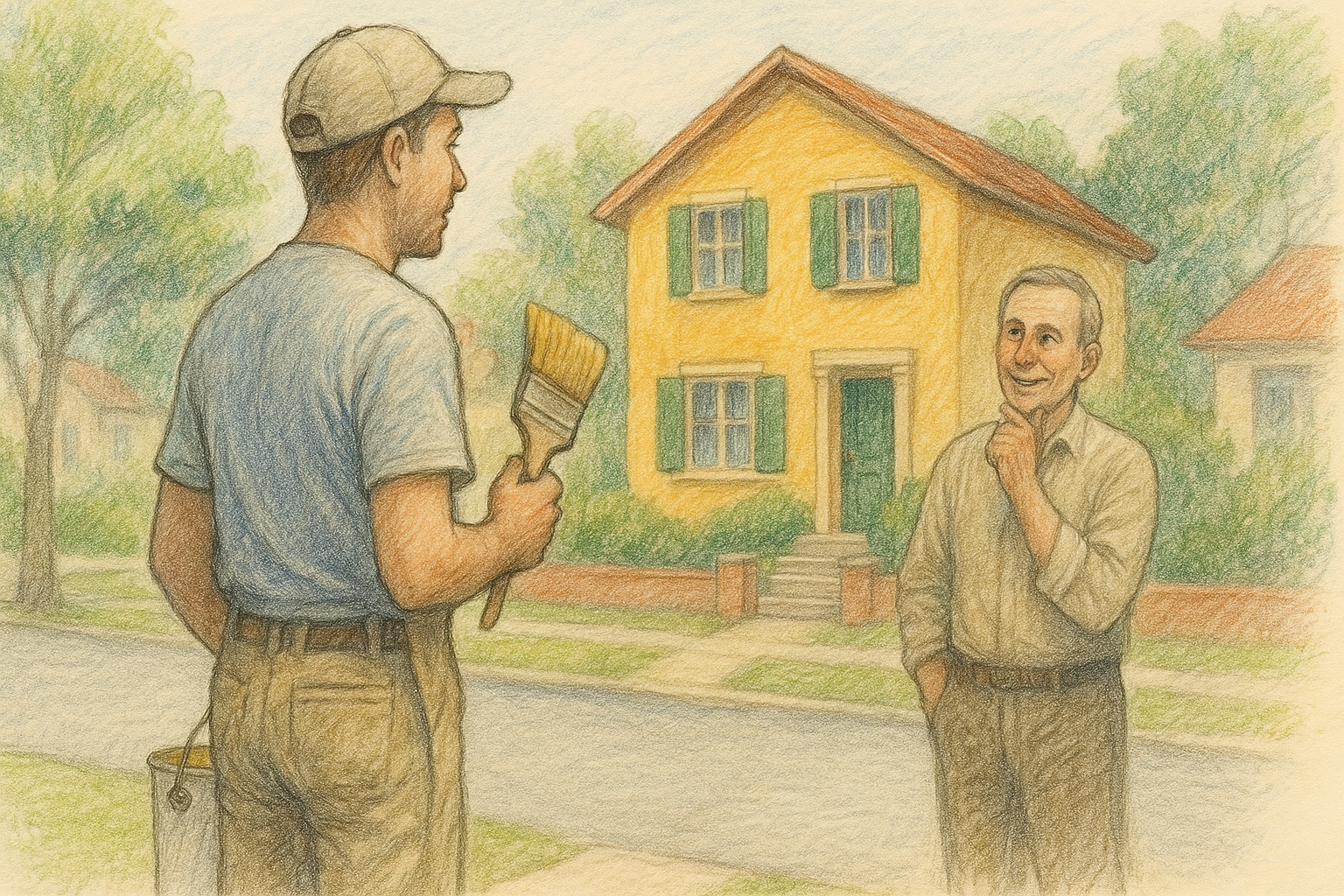It is said that when Javier de Winthuyssen’s father (a painter and garden designer), had to paint his house, he always asked the person who lived across the street what color they wanted him to paint it.
Once, someone asked him why he does that. He answered: “he is the one who has to see it every single day; he is the one who will enjoy it, so it is logical that I paint it according to his desire”.
I think this is a good attitude for us to imitate. One of the consequences of original sin is that we tend to think only of ourselves; we tend to selfishness. We must fight against that tendency if we want to progress in the spiritual life.
This is one of the pieces of advice that Tobit gave to his son when he was about to die: Do to no one what you yourself dislike (Tob 4:15). I should not hate others because I do not like when others hate me. I should not be aggressive or confrontational because I do not like when others are aggressive or confrontational. I should not lie because I do not like when others lie. We could continue enumerating many other examples.
We should also consider this advice in a positive way because Jesus said: Do to others whatever you would have them do to you (Mt 7:12). I must love others the same way I want others to love me. I must rely on others the same way I want others to rely on me. I must judge others the same way I want them to judge me. I must treat others the same way I want others to treat me. Again, we can continue enumerating examples: telling the truth, being friendly, being generous, being merciful, compassionate, etc.


